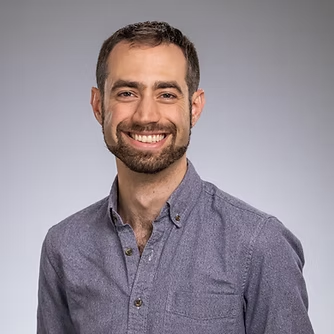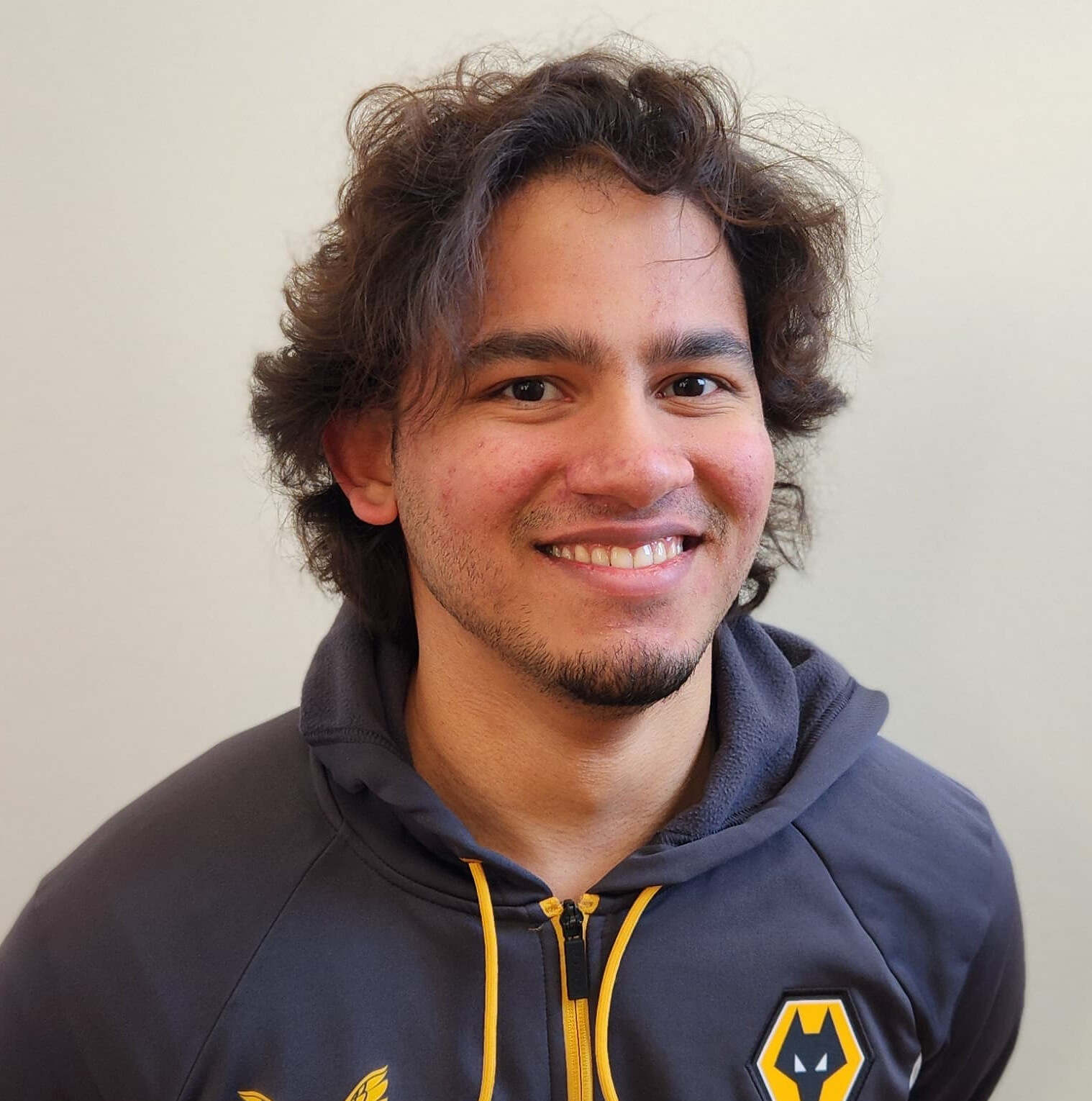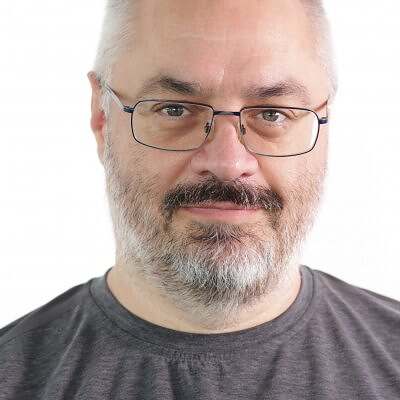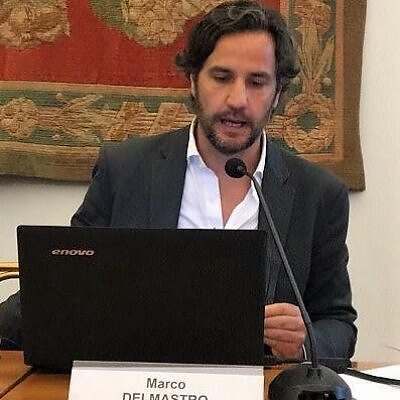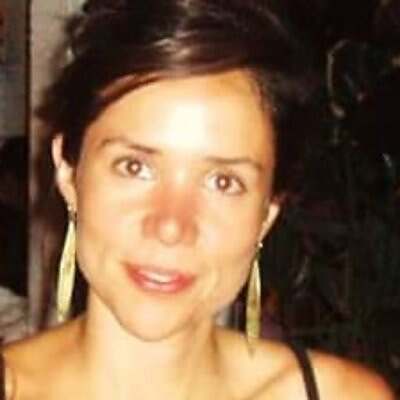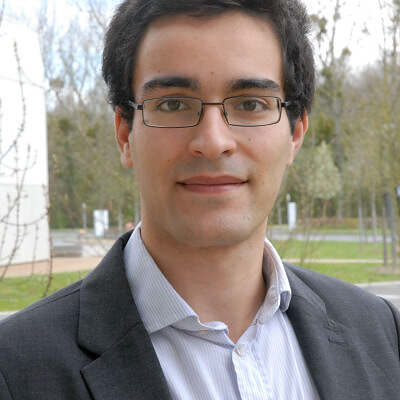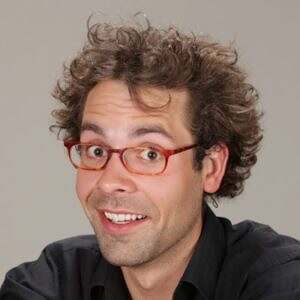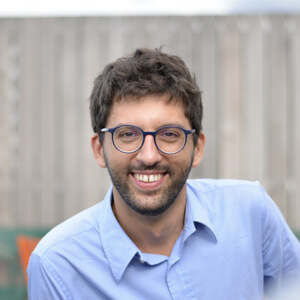Public access to our seminars on our YouTube Channel
The seminars, hosted by our lab in Paris, aim at presenting the research activity led by the people working in our different labs and coming from external organizations. They are a moment of knowledge exchange and a trigger for collaborations.
Join us on YouTube every wednesday!
Next seminar
Our next seminar will be held on September 2025
Latest seminar
All seminars
April 16, 2025 11:00 am
CNRS
Timothée Masquelier is a researcher in AI & computational neuroscience. His research is highly interdisciplinary – at the interface between biology, computer science, and physics. He uses numerical simulations and analytical calculations to gain understanding on how the brain works, and more specifically on how neurons process, encode and transmit information through action potentials (a.k.a spikes), in particular in the visual and auditory modalities. He is also interested in bio-inspired computer vision and audition. He is convinced that spiking neural networks (SNN) can be an appealing alternative to the conventional artificial neural networks commonly used in AI, especially if implemented on low-power neuromorphic chips. He was trained at Ecole Centrale Paris (Ingénieur 1999), MIT (M. Sc. 2001), and Univ. Toulouse 3 (PhD 2008). He was recruited by the CNRS in 2012.
March 26, 2025 11:00 am
Anthropic
My research develops computational models of communication, with an emphasis on the real-world consequences of speech acts. For example, how will an utterance affect a listener’s beliefs and actions? And how do people (or LLMs) weigh these outcomes? Answering these questions can both further our understanding of humans and ensure the deployment of LLMs goes well for society.I’m currently working on LLM safety at Anthropic. Previously, I got a PhD in cognitive science (advised by Tom Griffiths at Princeton, and supported by a NDSEG fellowship; with an internship at DeepMind). Before the PhD, I was a data scientist and engineering manager at Automatic Labs (2013-2014) and Uber (2014-2019).
March 19, 2025 11:00 am
Niels Bohr Institute, Copenhagen
Riz Fernando Noronha is a PhD student at the Niels Bohr Institute, Copenhagen, supervised by Kunihiko Kaneko and Kim Sneppen. He recieved his B.Sc. in Physics from St. Stephen’s College, University of Delhi. After spending a year as a research assistant at Ashoka University, he moved to the Niels Bohr Insititute, University of Copenhagen, where he recieved an MSc in Physics. His research is primarily focused on complex systems biology: in particular, theoretically modelling the effects of spatial structure on biological systems, such as microbial ecosystems.
March 12, 2025 11:00 am
Sony CSL – Paris Music Team
Emmanuel Deruty is a researcher specialising in music production and its relationship with technology and science. He is part of the Music Project at Sony Computer Science Laboratories (CSL), based in Paris and Tokyo, which focuses on AI-assisted music production.
May 11, 2022 10:00 am
Sony R&D Center Europe-Stuttgart Laboratory 1 (SL1)
Fritz Höhl made his Ph.D. in Computer Science at the University of Stuttgart, Germany. He works since 2000 at Stuttgart Lab 1 of the Stuttgart Technology Center which hosts two corporate-level research labs of Sony. In the last 10 years, Fritz worked in the area of Natural Language Processing.
May 25, 2022 10:00 am
University of Paris 13 Sorbonne Nord
Marco Delmastro is a social scientist, author of several books and scientific publications. For his research achievements, he has obtained national scientific qualifications as a Full Professor in Economics, Political Economy, and Applied Economics. Marco was Director at Agcom (i.e., the Italian Regulator of the Communication Sector), and he is currently on sabbatical at CREF – Enrico Fermi Research Center (Rome) and Ca’ Foscari University (Venice). He is also a member of IRIS Academic Research Group.
June 1, 2022 10:00 am
University of Paris 13 Sorbonne Nord
Natalia Bobadilla is a lecturer in strategy and organisation management at the University of Paris 13 Sorbonne Nord. Her research focuses on the effects of organisational change (space-time) on creativity and innovation, and the management of alternative, creative and R&D organisations. She uses longitudinal, processual and art-based methods. She has participated in collective research projects, notably based on art: “Arts and Restructuring” and “Arts and Critical Management Changes”. Natalia has contributed to collective research projects with publications in various international and national journals. She has a solid experience in project management and consulting
June 8, 2022 10:00 am
Sony AI
Nidham is a research scientist who recently joined the Privacy-Preserving Machine Learning team (lead by Lingjuan Lyu) at Sony AI. He received a Ph.D. from Télécom Paris in 2021. His current research interests include stochastic optimization for training machine learning models, federated learning, AI privacy and unlearning methods. Website: https://ngazagna.github.io/
June 15, 2022 10:00 am
Swiss Federal Institute of Technology, Lausanne
Robert West is a tenure-track assistant professor of computer science at EPFL (the Swiss Federal Institute of Technology, Lausanne), where he heads the Data Science Lab. His research aims to understand, predict, and enhance human behavior in social and information networks by developing techniques in computational social science, social network analysis, machine learning, and natural language processing. Bob also collaborates closely with the Wikimedia Foundation, in his role as a Wikimedia Research Fellow. Bob’s work has won several awards, including best/outstanding paper awards at ICWSM’21, ICWSM’19, and WWW’13, a best-paper runner-up award at WWW’16, a Google Faculty Research Award, a Facebook Research Award, a Hewlett-Packard Graduate Fellowship, and a Facebook Graduate Fellowship. He is actively involved in the research community, e.g., as an Associate Editor of ICWSM and EPJ Data Science and as a co-founder of the Wiki Workshop (held at WWW and ICWSM) and the Applied Machine Learning Days. Bob received his PhD in Computer Science from Stanford University, his MSc from McGill University, Canada, and his undergraduate degree from Technische Universität München, Germany.
June 29, 2022 10:00 am
Pasqal
I studied in Trieste, Italy, specialising in condensed matter. I couldn’t decide whether to become a theorist or an experimentalist until I came to Paris in 2012 and started a Master’s thesis in Jean Dalibard’s group at ENS. I fell in love with atom optics and have continued to work on it ever since. I did my PhD in the same group, building an experiment on ultracold Dysprosium gases from scratch. I then moved to Zurich, where I worked on cavity quantum electrodynamics with Bose-Einstein condensates in Tilman Esslinger’s group at ETH. I came back to Paris at the end of last year to work at Pasqal, a startup which is also using cold atom technologies.



